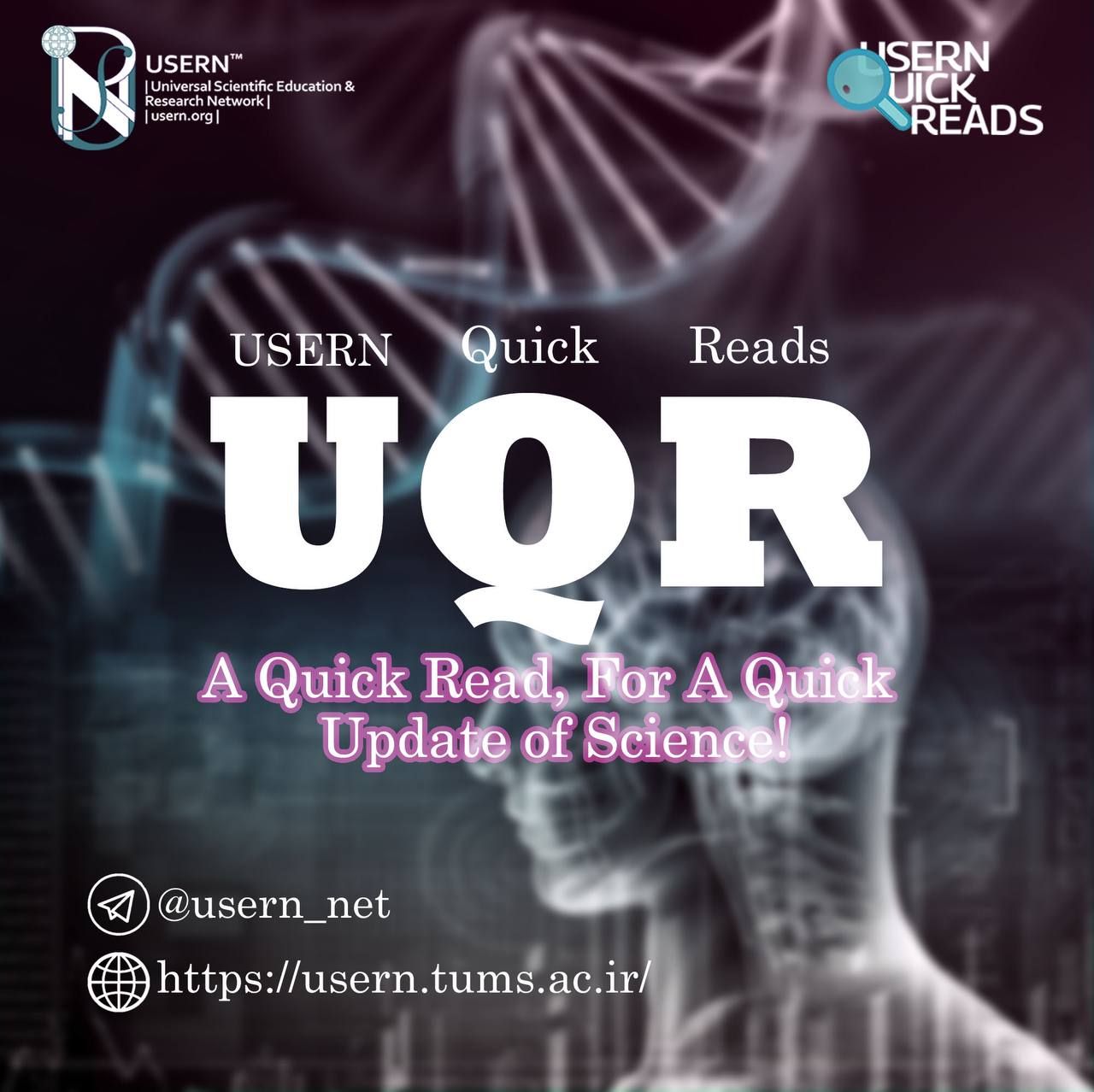Quick Reads
Fight with COVID19 in Google style

All countries and organizations are competing to give this pandemic an end; this time, we will go through Google's approach.
Fight with COVID-19 in Google-style:
In today's world of technology, all activists in different sciences are trying to solve the world's complex problems with technology. These days, the world is hit by the coronavirus. As the COVID-19 outbreak continues to spread globally, researchers are looking to use artificial intelligence to address the virus's challenges. Let's read about it:
Deep Learning is a new area of Machine Learning research, which has been introduced to move Machine Learning closer to one of its main goals; Artificial Intelligence. DeepMind Technologies is a UK artificial intelligence company founded in September 2010 and acquired by Google in 2014. The neural network is one of the tools that AI and DeepMind use and is also a deep learning concept. Artificial neural networks (ANN) are computing systems inspired by the biological neural networks indirectly. Such systems "learn" to perform tasks by considering examples, generally without being programmed with duty-specific rules.
These days Google and its DeepMind are well known. Recently, DeepMind has developed a deep-learning library called "AlphaFold," which uses neural networks to analyze and predict how the proteins that make up an organism crinkle, based on their genome. The AlphaFold algorithm is a neural net whose input is the protein sequence information and, its task is to predict the distance between the residues in the folded protein. As we know, protein structures determine the shape of receptors in an organism. And when you figure out the structure of proteins, you can facilitate the process of drug designing. After training up AlphaFold by useful genomic datasets of organisms, DeepMind started to work on the COVID-19.
"We emphasize that these structure predictions have not been experimentally verified, but hope they may contribute to the scientific community's interrogation of how the virus functions, and serve as a hypothesis generation platform for future experimental work in developing therapeutics," DeepMind said. But we have to notice that AlphaFold is a new trainee. And DeepMind's stakeholders noted that they didn't examine the results in the laboratories. But AlphaFold will be a great library from the datasets that researchers will need to develop drugs and vaccines.
It's nice to mention that DeepMind has developed an artificial intelligence software in AlphaFold that can accurately predict the structure that proteins will fold, solving a 50-year-old Biology "grand challenge" that could pave the way for a better understanding of diseases and drug discovery.
At last, we have to pay attention to the AI power in medical and biological sciences. Prediction is not the only way AI can help the world during a pandemic; it can even help diagnose the damage caused by the virus in patients' lung CT scans. AI is everywhere; it can also aid us in monitoring and controlling processes. These days, if we want to do something new and unique, we have to know AI and its usage in our professional and general life. And as Steve Jobs said, "Computer science is a liberal art."
By Saina Adiban
